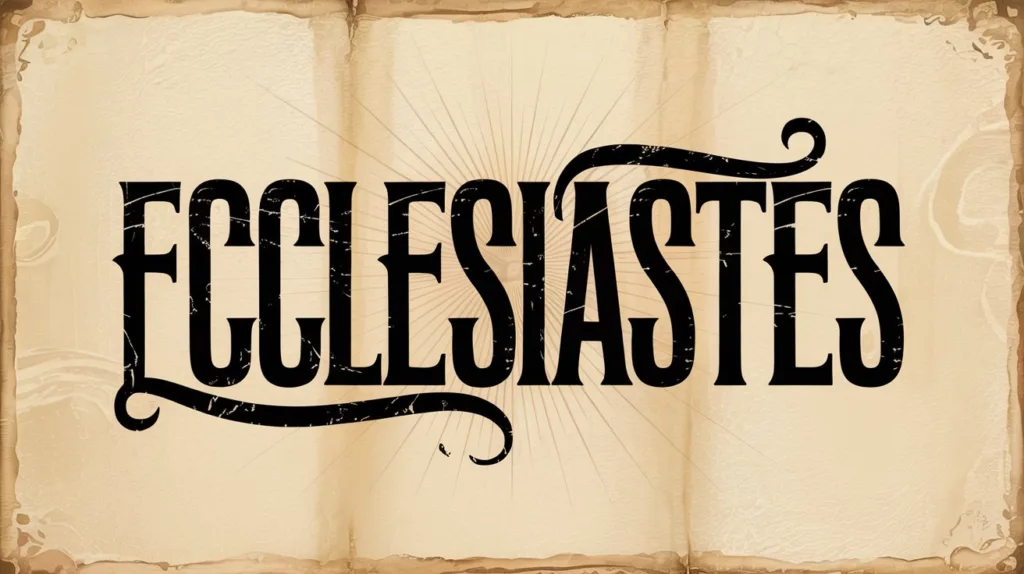Philemon is the recipient of one of Paul’s prison epistles, a brief letter bearing his name. He was a Christian of considerable means who lived in Colossae, and a church met in his house (Philemon 2). Paul refers to him as a “beloved friend and fellow laborer” (Philemon 1), indicating a close personal and spiritual relationship.
The letter concerns Onesimus, a slave who had fled from Philemon, possibly stealing from him. Onesimus encountered Paul while the apostle was imprisoned, likely in Rome, and through Paul’s ministry, he was converted. Paul writes, “I appeal to you for my son Onesimus, whom I have begotten while in my chains” (Philemon 10).
Paul sends Onesimus back to Philemon with this letter, urging Philemon to receive him “no longer as a slave but more than a slave—a beloved brother” (Philemon 16). Paul offers to repay any debt Onesimus owed and reminds Philemon that he owes even himself to Paul (Philemon 18–19). Paul expresses confidence that Philemon will do even more than what is asked (Philemon 21).
The letter is a profound example of Christian love, forgiveness, and reconciliation. It reveals how the Gospel transforms relationships and breaks down social barriers. Paul does not demand but appeals based on love, modeling the spirit of Christ.
Philemon’s life, though not described in detail, reflects Christian maturity. He is praised for his faith and love (Philemon 5), and his home was a gathering place for the church. His example teaches that believers are called to extend grace and brotherhood, even in difficult and personal matters.





 Get the book that teaches you how to evangelize and disarm doctrines from every single major cult group today.
Get the book that teaches you how to evangelize and disarm doctrines from every single major cult group today.